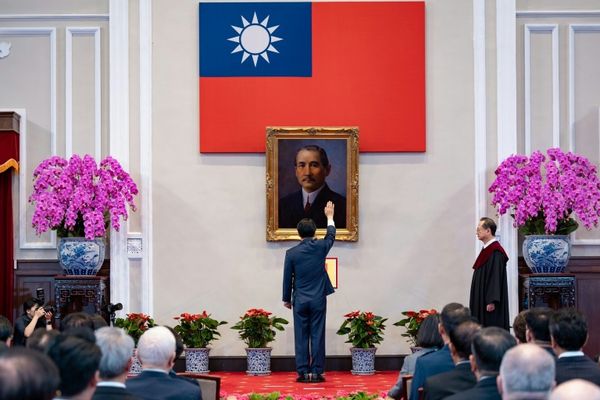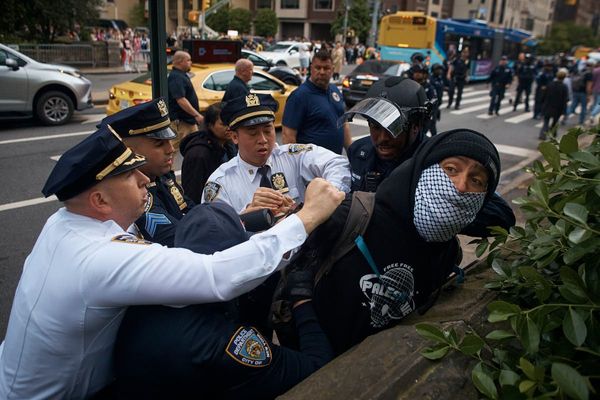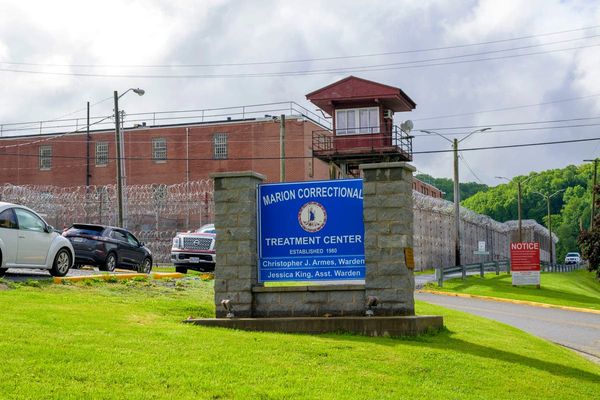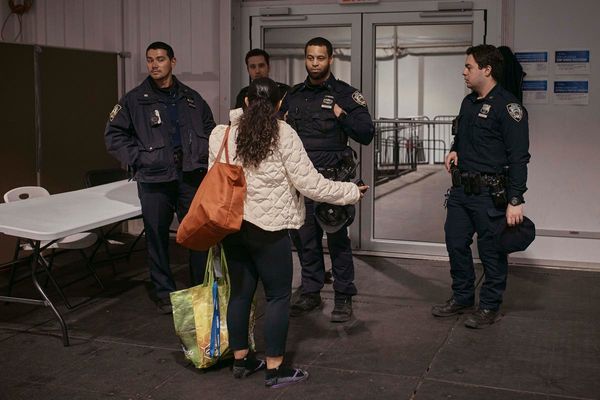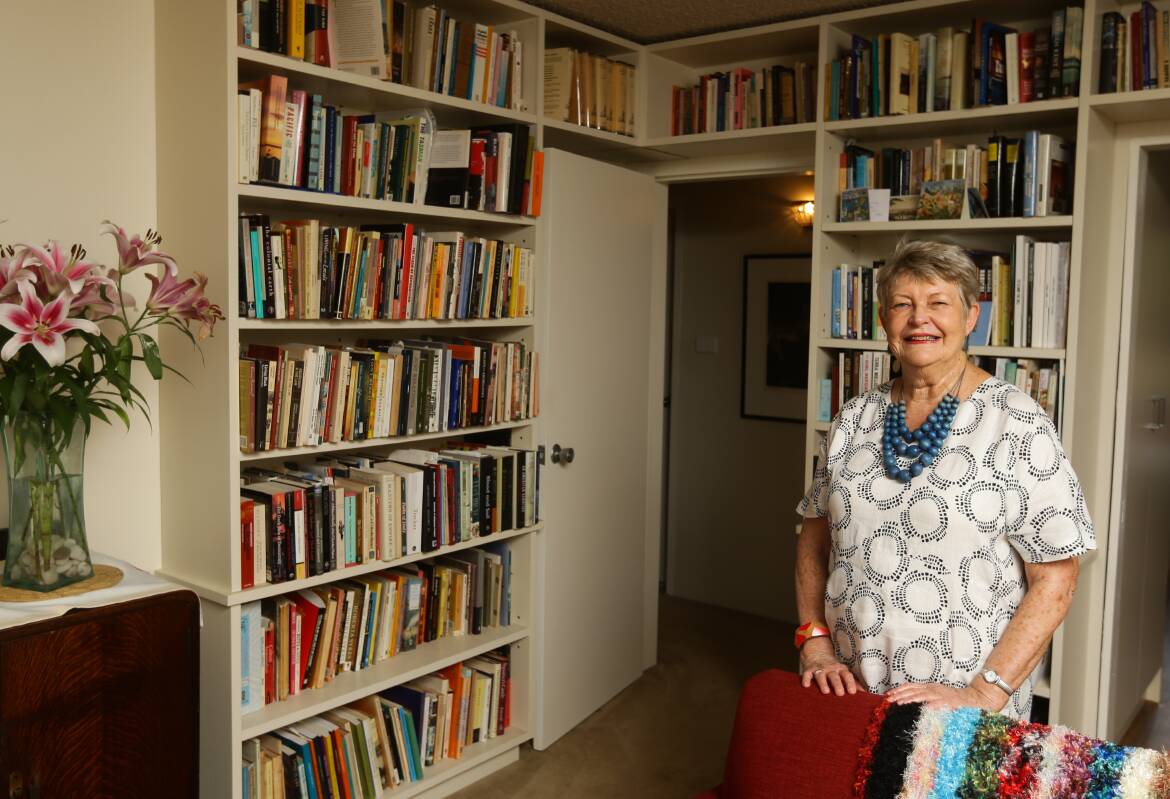
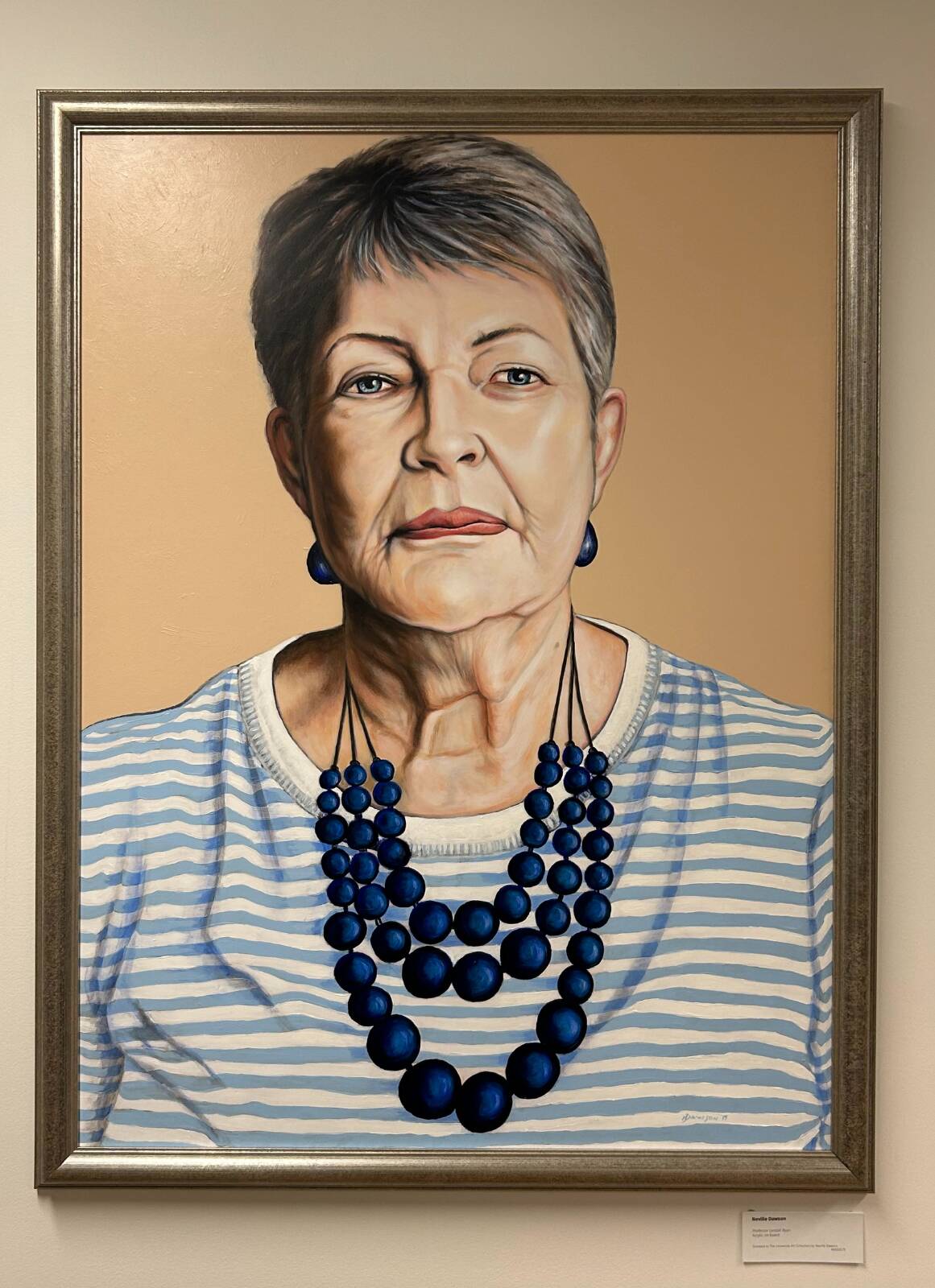
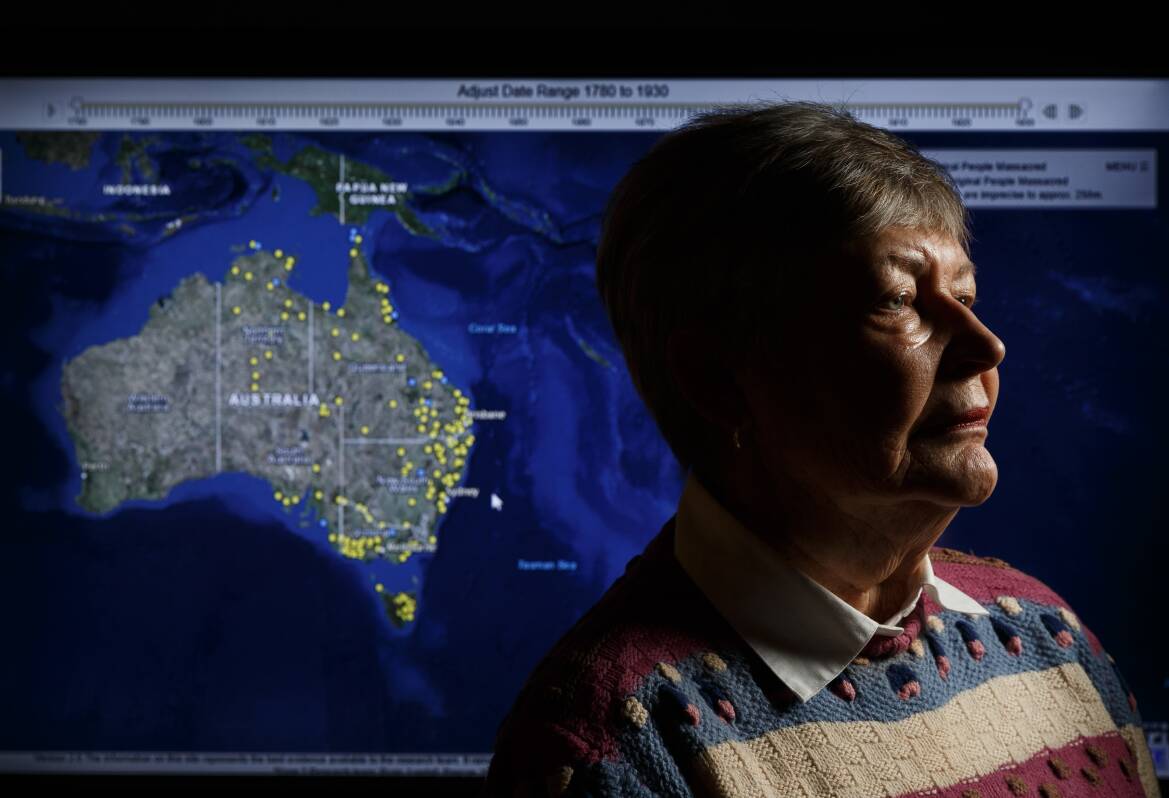
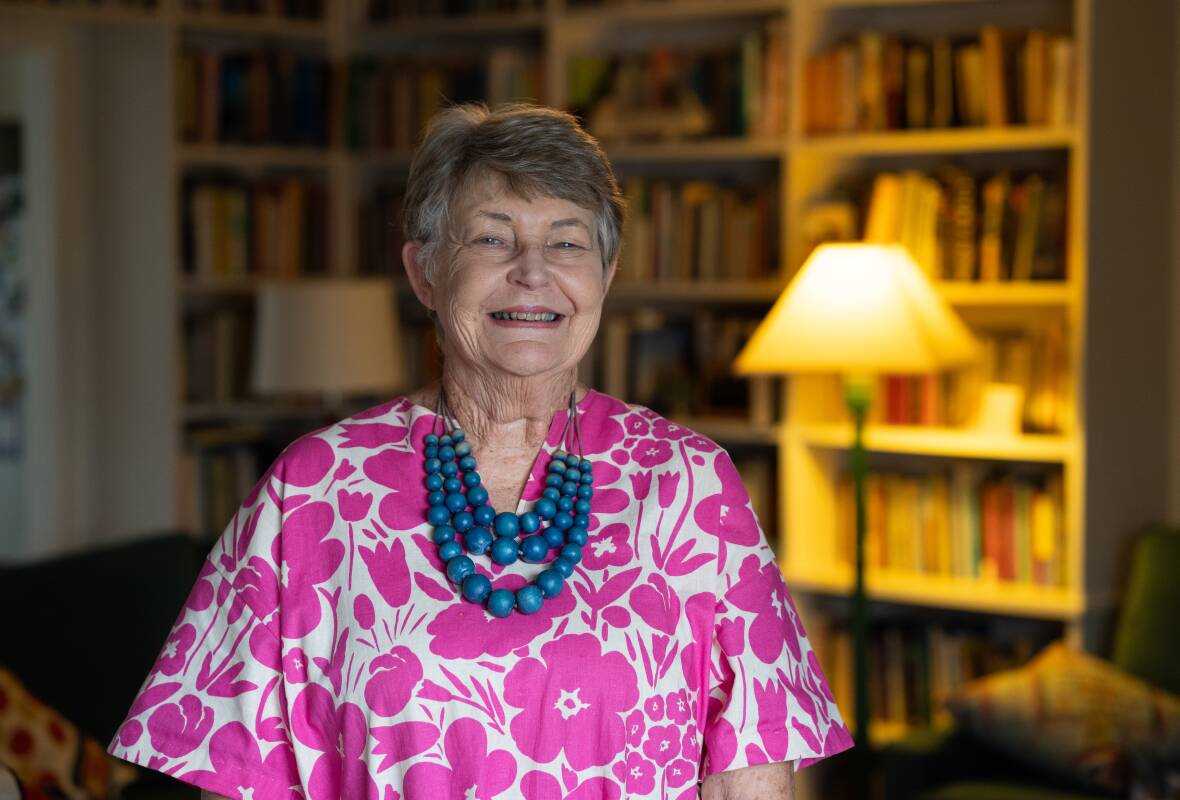
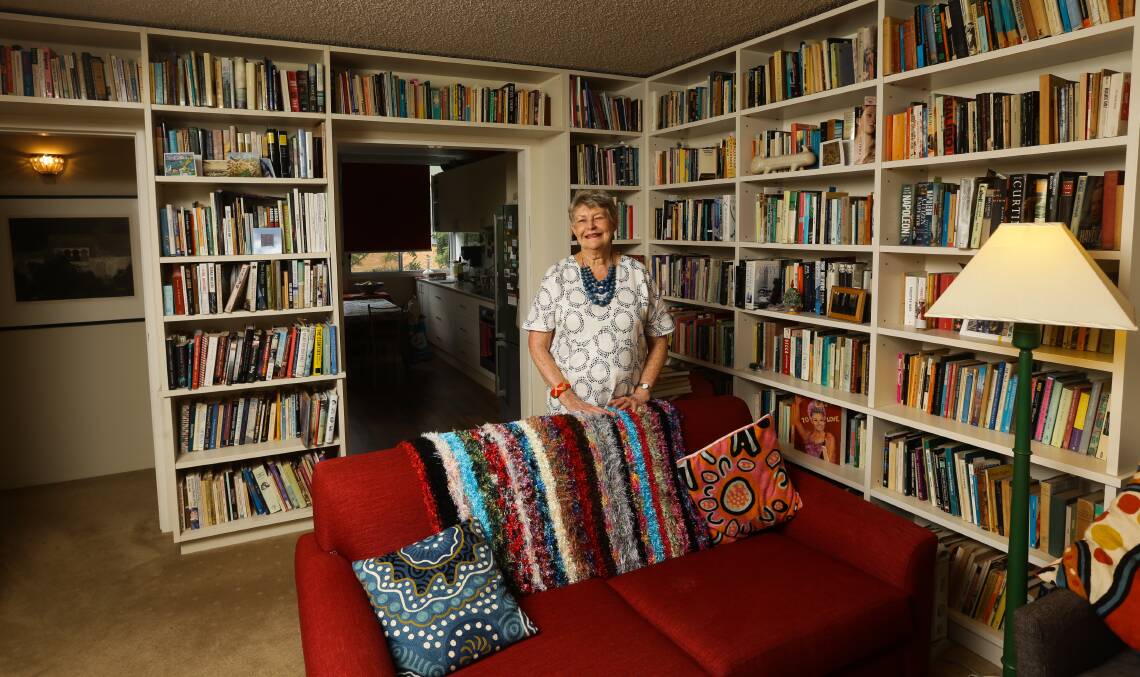
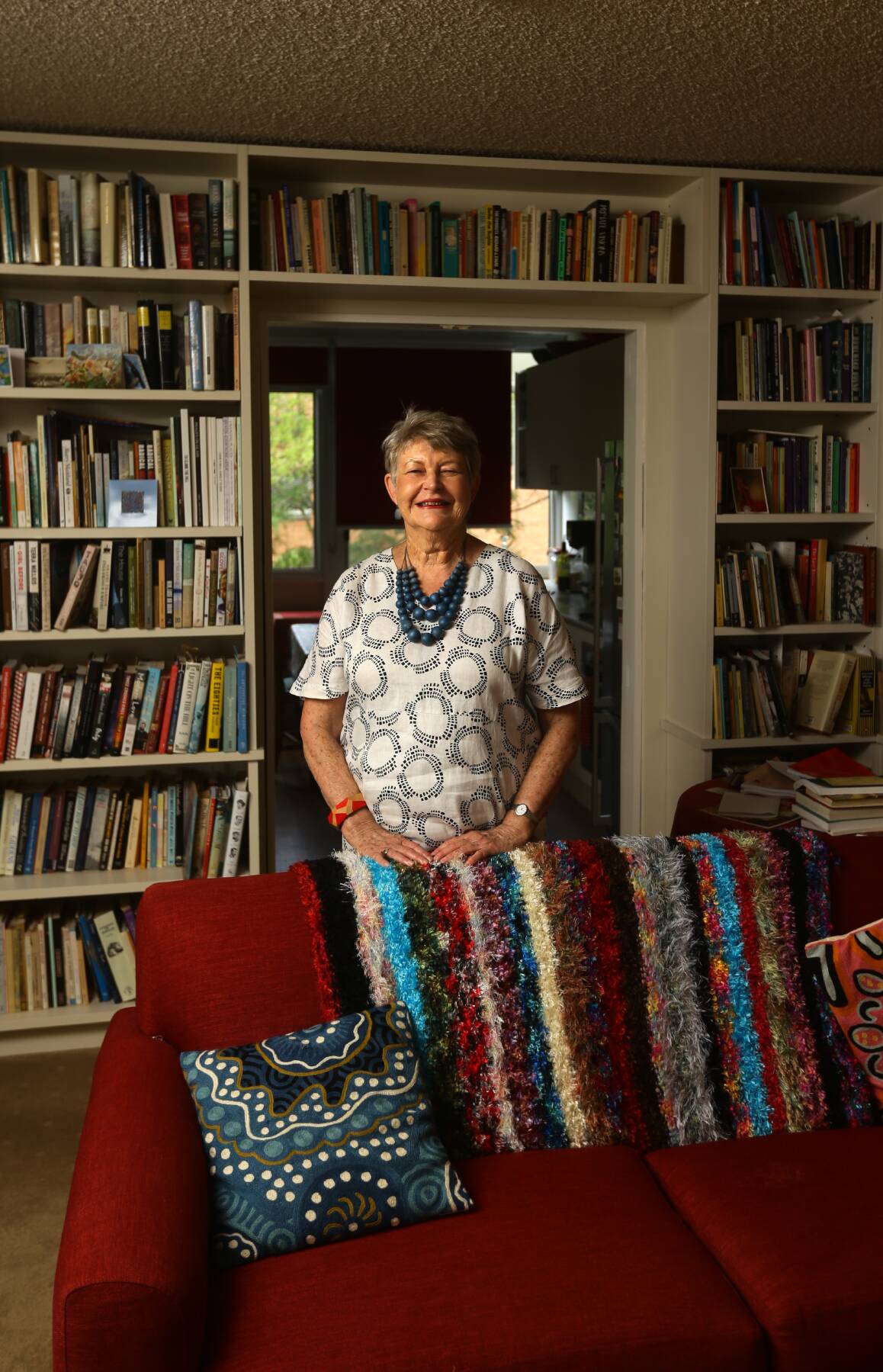
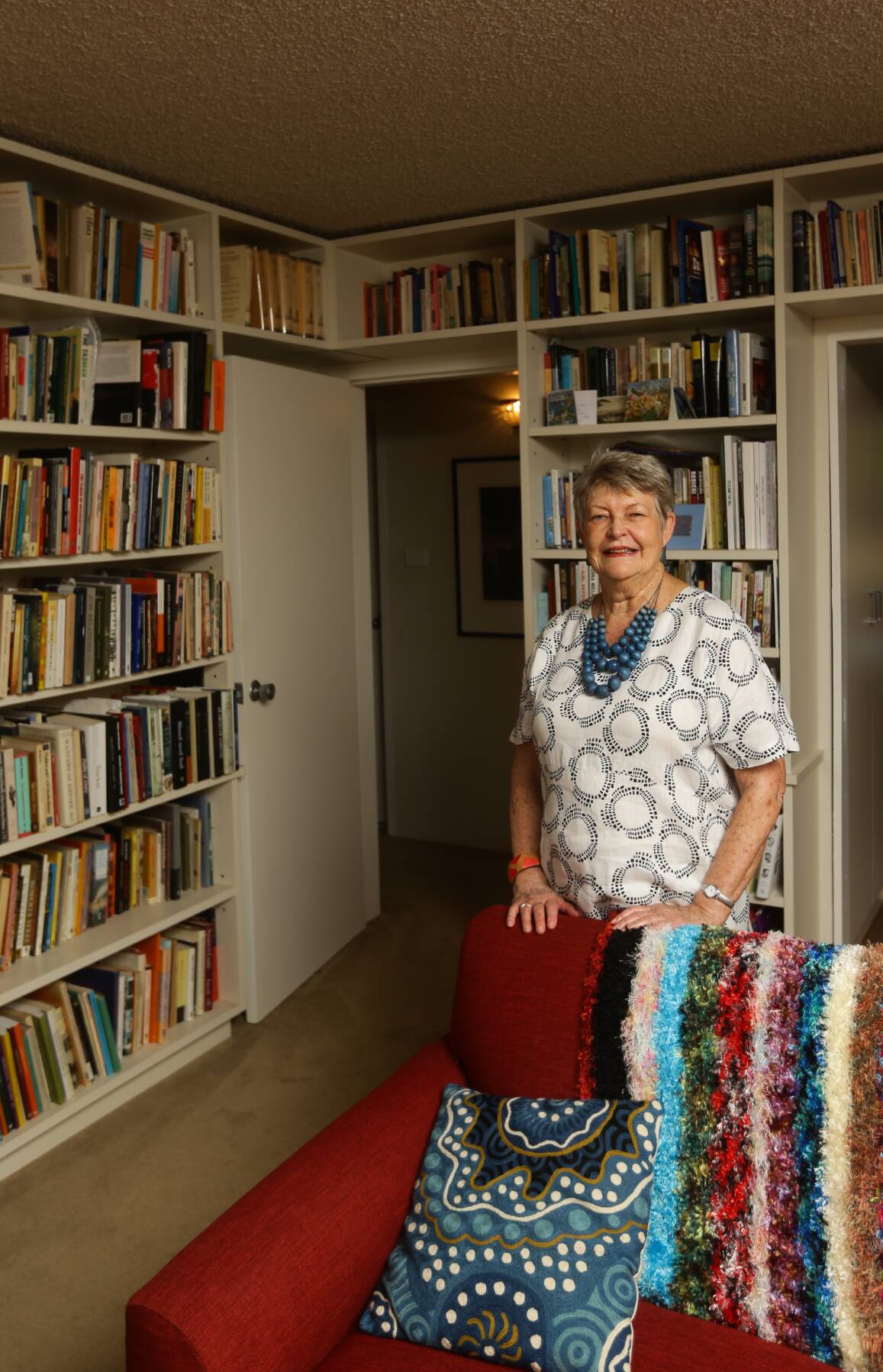
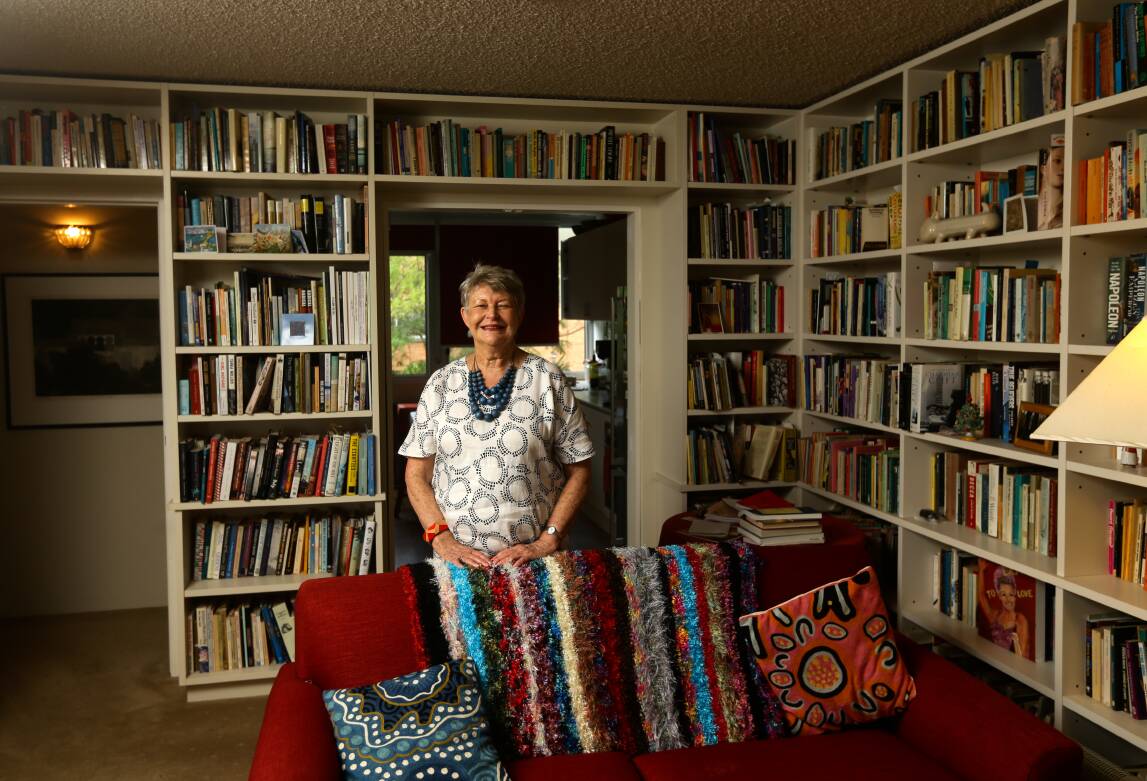
Tributes have flowed for Emerita Professor Lyndall Ryan, who was remembered for being a pioneering historian and warm, generous and witty person.
Professor Ryan, a renowned University of Newcastle academic, died on Tuesday at age 81.
She was recognised internationally as a leading scholar, particularly of colonial frontier massacres in Australia.
Her work shed light on the history of Aboriginal people and Australian feminism.
University of Newcastle Emeritus Professor John Maynard said she was "one of the truly great historians that came through in the 1970s and '80s".
"She significantly changed the landscape of Australian history. There's no question about that," Professor Maynard, of The Wollotuka Institute, said
"Lyndall has been a great campaigner for not just Aboriginal people, but downtrodden people throughout her entire life.
"She really wanted to make social and political change for the good of all people."
University of Newcastle vice-chancellor Alex Zelinsky said she was a "globally eminent scholar and prominent member of our community".
Professor Zelinsky said her loss was profound for the many communities she worked with during a "remarkable career as an activist, scholar and educator".
Roberta Ryan, Lyndall's cousin, said she had "remarkable energy and compassion".
"She was a wonderful friend, as dedicated to her family as to her work," Professor Ryan said.
"She opened everyone's eyes to the truth of our history. It is hard to believe she has gone."
She was born in Sydney during World War II, spending her teenage years on the family poultry farm in the western suburbs.
Her mother, Edna Ryan, was a prominent feminist who sought equal pay for women.
Newcastle Writers Festival founding director Rosemarie Milsom said "Australia has lost a leading feminist and academic".
"Lyndall was at the forefront of research into our country's violent past and treatment of our First Peoples," Ms Milsom said.
"The impact of her work will be long-lasting. I'll miss her."
Professor Ryan had significant training in her 20s, working as research assistant to prolific historian Professor Manning Clark from 1966 to 1968.
She went on to complete her doctoral thesis on Tasmanian Aboriginal people in 1976 at Macquarie University and became a full-time academic.
She moved from Flinders University in South Australia to the University of Newcastle in 1998, and became the foundation professor of Australian studies and head of humanities.
Philip Dwyer said she would be missed for "her cutting wit, infinite patience and unfailing ability to see the good in people she encountered".
"She always put history and ideas before ego," said Professor Dwyer, founding director of the University of Newcastle's Centre for the History of Violence.
He added that she would be "remembered for her ground-breaking work on Tasmanian Aborigines".
She brought her research on Australian Indigenous history to a wide audience, "in particular through the digital massacre map".
"The map has been described by the ANU historian Mark McKenna as 'nation defining'," he said.
Professor Ryan was a founding member of the first Sydney Women's Liberation Group in 1970, and a joint author of several leading books on feminism.
Nancy Cushing said "she was an excellent mentor, always providing uplift and opportunities for those around her".
"I have been receiving emails that recall her warmth and generosity as a scholar," Associate Professor Cushing said.
"She was a lot of fun - always active and engaged. She was still productive, connected and present."
A/Prof Cushing, director of the Centre for the Study of Violence, said her massacre map "changed the way many Australians think about their history".
"She had an informed opinion on everything from the real estate market, to what is next for Australian history, to Megan, Harry and the Republic.
"She leaves a tremendous legacy and a gap we will not be able to fill."
